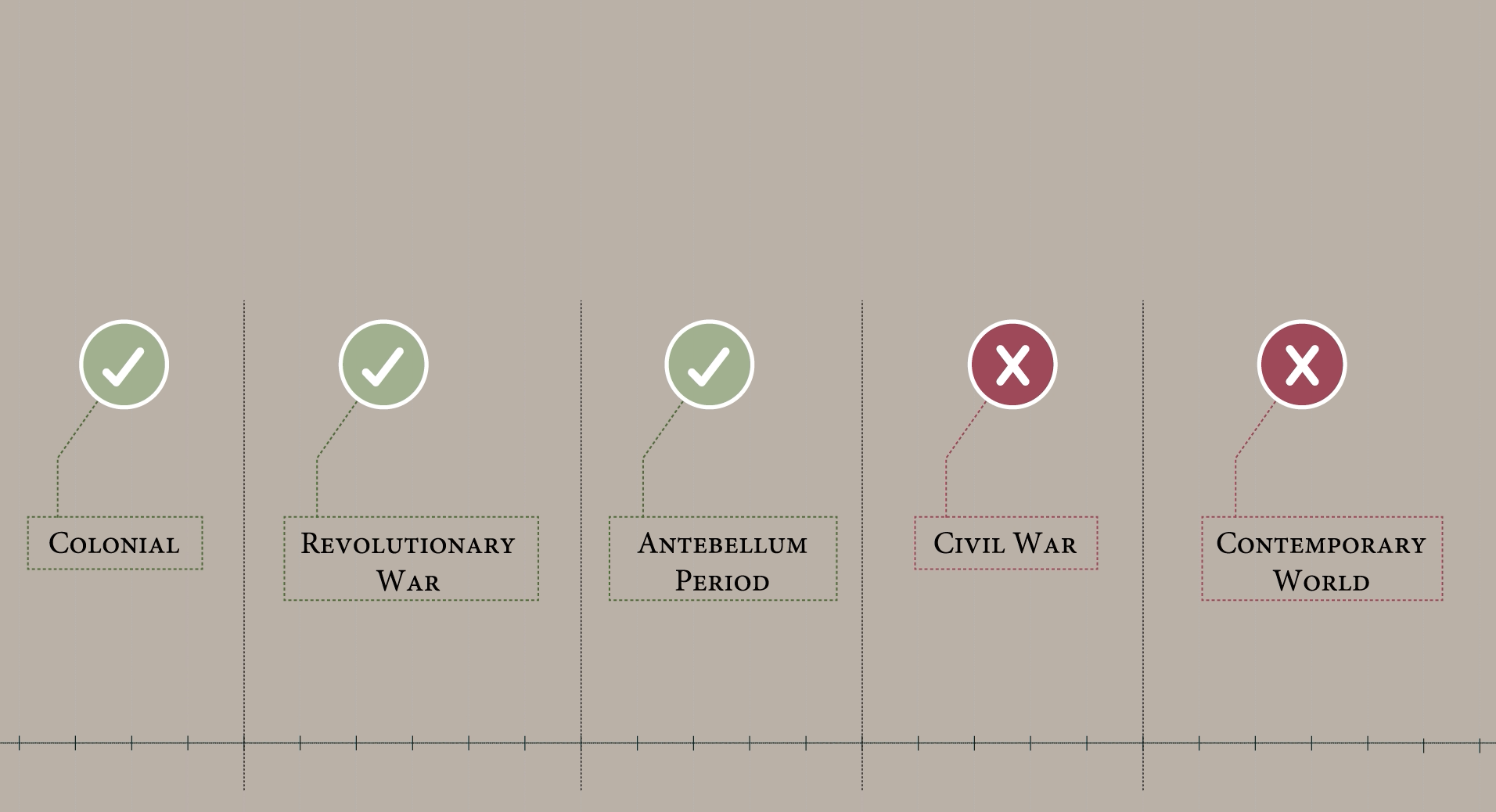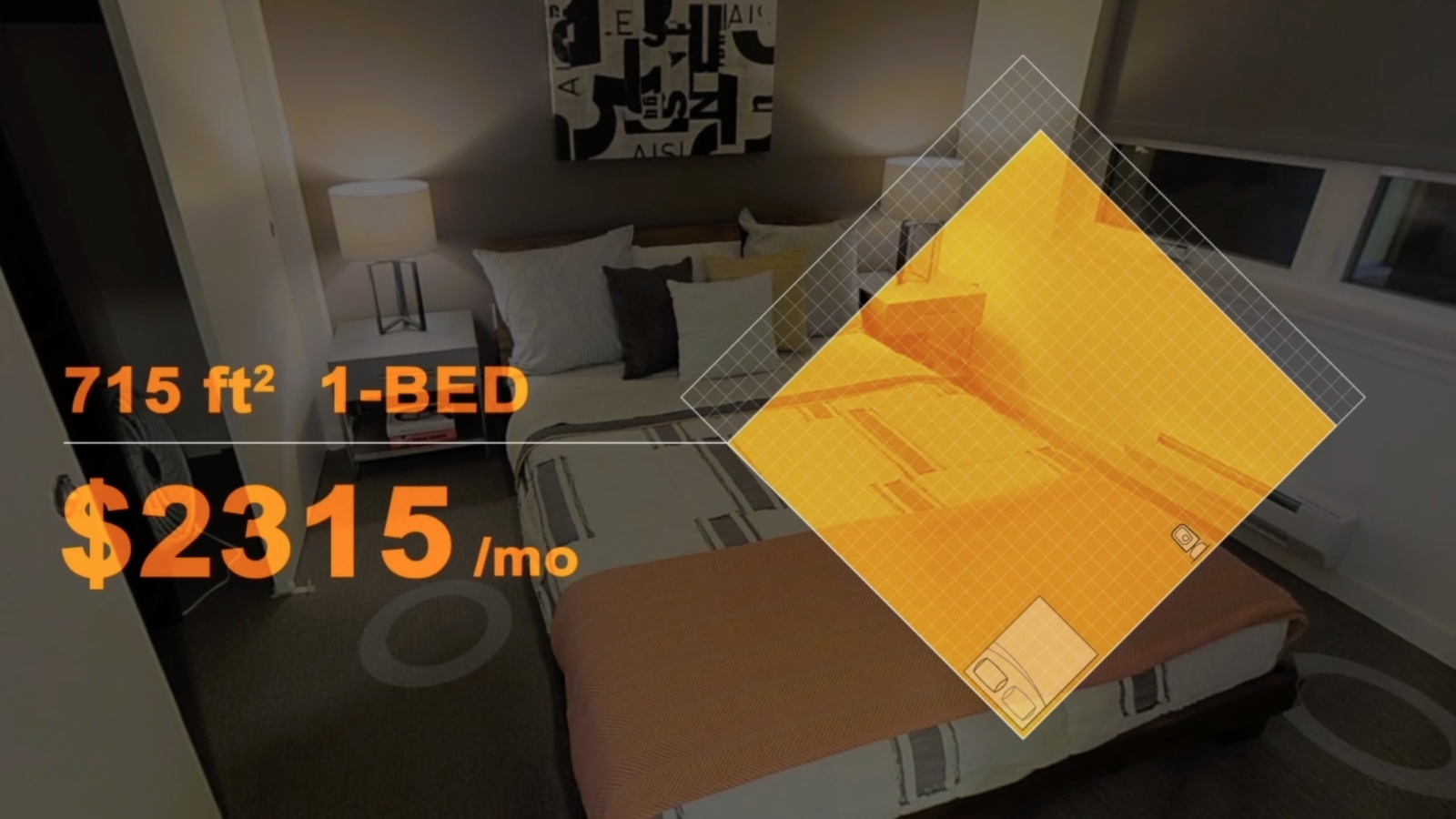Power & Place: Culture and Conflict in the Built Environment
This lecture/workshop course studies and analyzes processes and expressions of power in urban form and design in the built North American environment.
Focusing on the subjects of identity and difference that underlie measures of spatial intervention across history, this course surveys historic and contemporary precedents where cultural conflict has emerged from both intended and unintended regulatory and spatial patterns of exclusion:
1) expressions of power represented by racial zoning ordinances and their transfer to the creation of historic districts and the subsequent impact on housing production and affordability;
2) exclusionary amenities that manifest intended orders: land trusts, historic districts, gated communities and places of commerce;
3) rare places where civility prevails that are a respite from prevailing urban tensions.
A key part of the inquiry will be group research projects examining cities where the history of cultural conflict and the spatial patterns of exclusion aimed at suppressing racial, ethnic, economic and religious differences have left an indelible imprint on the material character of the city:
1) “Border Cities”—the downward trajectory of once-leading industrial cities where suburban residents bounded the city limits to delineate prosperous suburbs from an aging or industrial center while the city enforced private real estate easements that ensured segregated regions;
2) “Hegemonic Identity Cities”—the creation of what have become tourist destinations using the lens of white identity to construct the material character of the city’s history;
3) “Hot Cities”—cities facing contemporary crises of affordability and equity that also embody a history of exclusionary practices against ethnic groups, Asians and Native Americans.
The course will develop cognitive methodologies (ways of thinking), research methodologies (familiarity with original historical sources and databases) and analytical means (modes of interpretation) associated with places where power and politics play critical and often undisclosed influence in shaping the built environment.
The intention is to foster an understanding of urban ethics and political awareness that is applicable to different parts of the built world leading to a broader understanding of the dimensions of the cultural ecology of a place over time.
No pre- requisites; fulfills a Critical Conservation requirement.
Projects
-

Charleston: Curating Exclusion
Susan Snyder and George Thomas, Faculty Advisors
Spring 2016
-

Power and Place: Seattle
Spring 2016